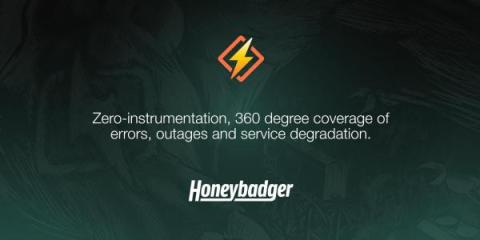Deploy and Scale AI Applications With Cloudera AI Inference Service
We are thrilled to announce the general availability of the Cloudera AI Inference service, powered by NVIDIA NIM microservices, part of the NVIDIA AI Enterprise platform, to accelerate generative AI deployments for enterprises. This service supports a range of optimized AI models, enabling seamless and scalable AI inference.










